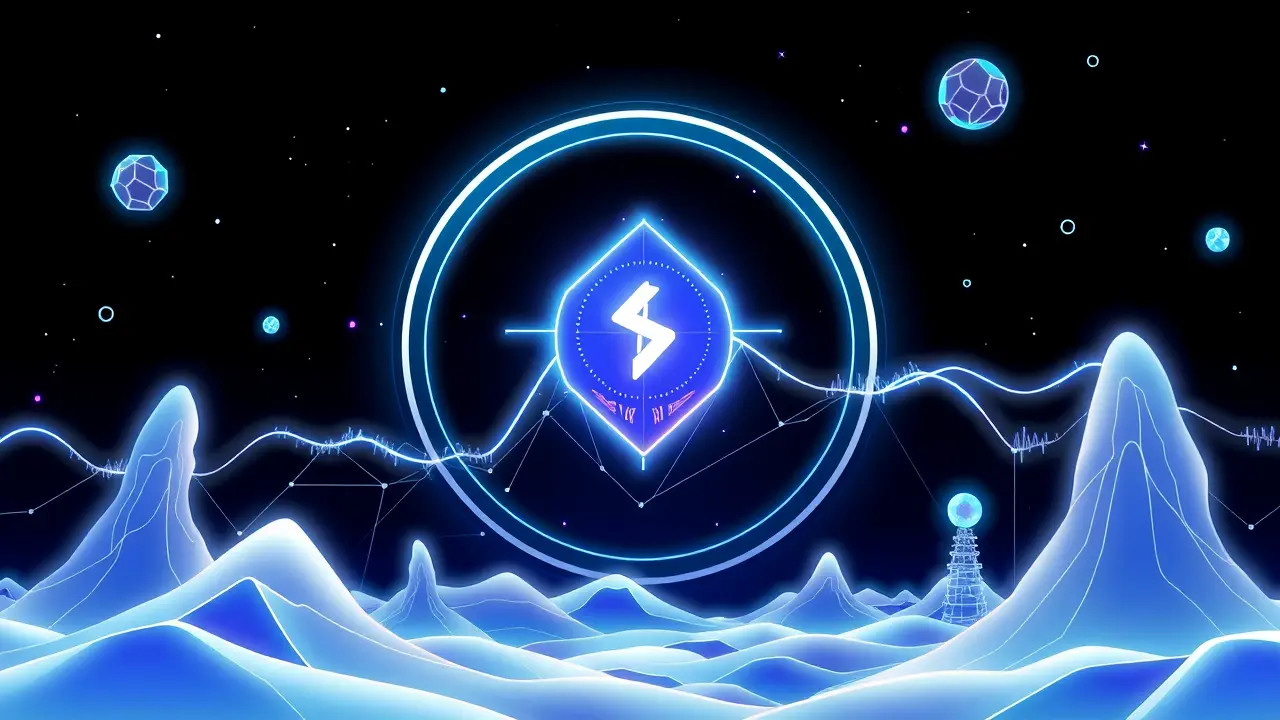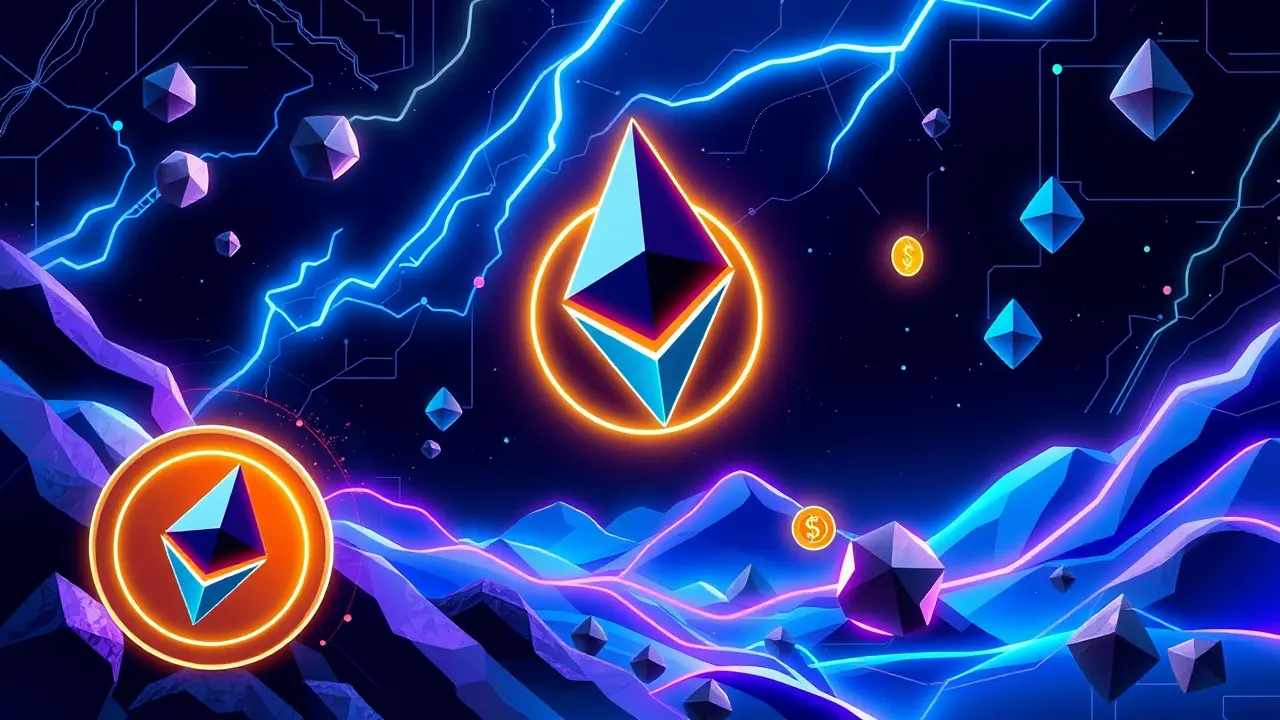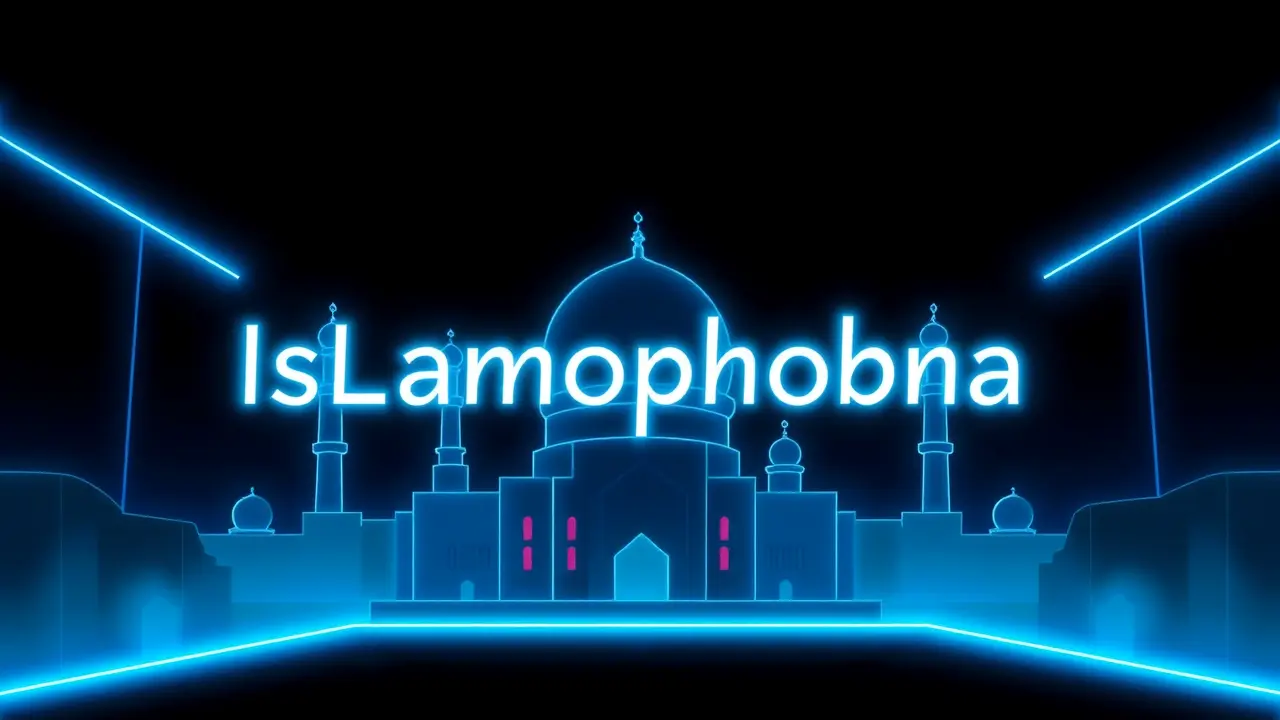
CryptodefiCross-Chain Bridges
Solana, Fireblocks, Monad and more ally to standardize cross-chain payments
CH
Chloe Evans
4 hours ago7 min read3 comments
The tectonic plates of finance are shifting, and a new alliance of blockchain heavyweights—Solana, Fireblocks, Monad, and others—is positioning itself at the epicenter. Their mission? To forge a standardized protocol for cross-chain payments, a move that feels less like a minor technical upgrade and more like the industry's collective answer to the Tower of Babel that has long plagued crypto interoperability.For years, the promise of a seamless, borderless financial system has been hamstrung by a cacophony of isolated networks, each with its own rules, bridges, and security assumptions, creating a user experience reminiscent of early internet dial-up—fragmented, slow, and fraught with peril. This consortium, therefore, isn't just building a new road; it's attempting to lay down the foundational highway system for the entire tokenized economy, a critical step in bridging the chasm between the sprawling, innovative but often siloed world of Decentralized Finance (DeFi) and the staid, yet colossal, realm of Traditional Finance (TradFi).The involvement of Fireblocks, a institutional-grade digital asset custody platform trusted by giants like BNY Mellon, signals a deliberate pivot toward serving enterprise and regulated entities, providing the necessary security and compliance guardrails that large-scale financial applications demand. Imagine a future where a multinational corporation can settle an invoice with a supplier on another continent, moving value from a Solana-based USDC pool to an Ethereum-based smart contract on a Monad-powered application, all in seconds and for pennies, without the existential risk of a bridge hack.This is the vision. The push for standardization, reminiscent of the early days of TCP/IP for the internet, is a direct response to the staggering $2.7 billion lost to cross-chain bridge exploits in 2022 alone—a systemic vulnerability that has become the industry's Achilles' heel. By creating a common set of rules and communication standards, the alliance aims to reduce complexity, enhance security, and ultimately lure the trillions of dollars in TradFi that are currently watching from the sidelines, intrigued but hesitant.However, the path is littered with challenges, not least of which is the fierce competition from other interoperability projects like the Cosmos IBC ecosystem and Chainlink's CCIP, not to mention the inherent technical difficulty of achieving consensus across networks with fundamentally different architectures and governance models. The success of this initiative will hinge on widespread adoption beyond its founding members; without a critical mass of networks and dApps signing on, it risks becoming just another proprietary standard in a sea of many.Yet, the potential payoff is monumental. A truly interoperable payment layer could finally unlock the 'internet of value,' enabling everything from decentralized cross-border payroll and automated, multi-chain treasury management to entirely new forms of composable financial products that we haven't yet imagined. This isn't merely about making crypto payments easier; it's about laying the groundwork for a global, programmable financial system where value flows as freely as information does today.
#featured
#Solana
#Fireblocks
#Monad
#cross-chain payments
#standardization
#blockchain interoperability
#crypto payments
Stay Informed. Act Smarter.
Get weekly highlights, major headlines, and expert insights — then put your knowledge to work in our live prediction markets.
Related News
© 2025 Outpoll Service LTD. All rights reserved.













